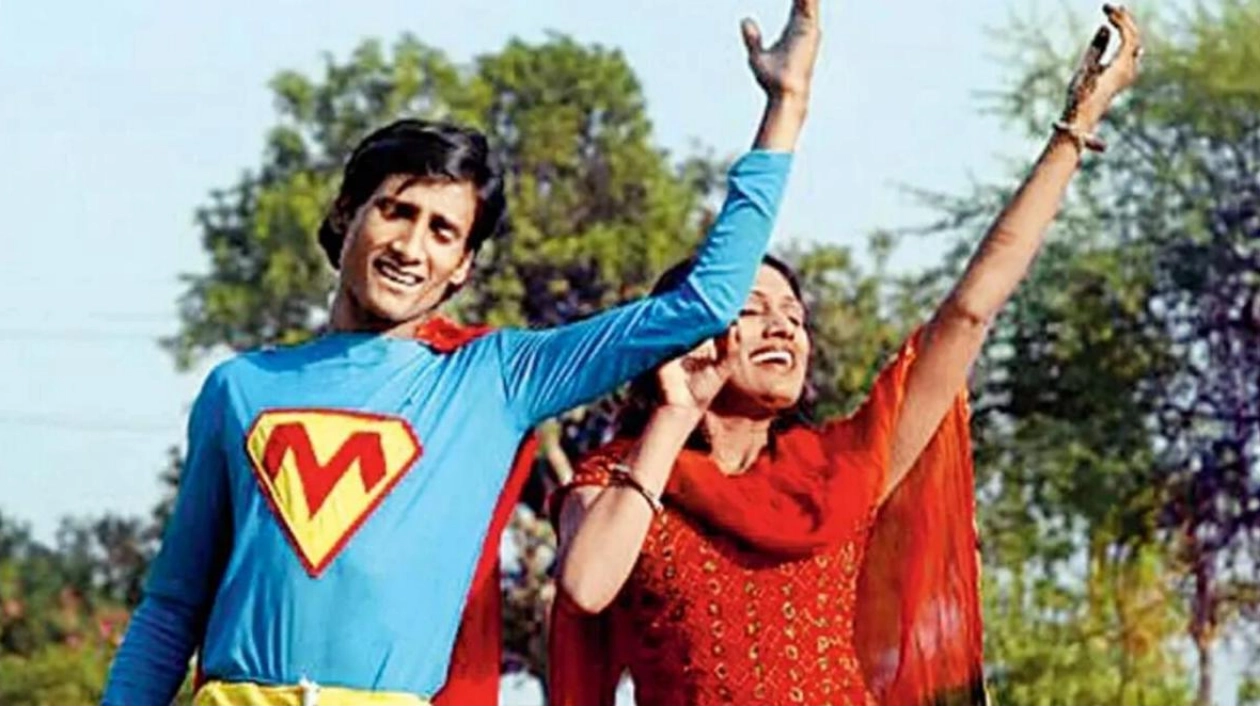A mere half-day's drive from Mumbai, India's bustling entertainment hub, lies the textile city of Malegaon. Here, amidst the relentless clatter of industrial looms, many find solace in fantasies of Bollywood fame. Among these dreamers is Shaikh Nasir, a self-taught filmmaker who, after years of perseverance, is now relishing the global spotlight on his life story, set to be showcased on the international silver screen.
"Cinema has always been our refuge from the monotony and hardships of daily life," reflects Nasir, now 50. In this industrial town, video parlors thrive, offering factory workers and day laborers a cheap escape to watch Bollywood hits on large screens. For these patrons, Nasir is already a local celebrity. In the mid-2000s, as a struggling wedding videographer and a self-proclaimed 'unemployed cinema enthusiast,' Nasir embarked on a cinematic journey with borrowed cameras and a motley crew of like-minded enthusiasts.
He funded his projects, including a series of parodies, by pooling his savings and soliciting contributions from friends. His most renowned creation, 'Malegaon Ka Superman,' featured a local hero battling tobacco-induced cancer with inventive special effects, such as roller skates and makeshift flying devices. These creative solutions, including bicycle-mounted cameras and improvised cranes from cattle carts, garnered Nasir widespread acclaim in his community.
This recognition led to a wave of low-budget films in Malegaon, humorously dubbed 'Mollywood' by some Indian media. In 2008, the documentary 'Supermen of Malegaon' highlighted their inspiring story on the global stage. Now, Nasir and his team are preparing for a Bollywood adaptation of his life, titled 'Superboys of Malegaon,' which will debut at the Toronto International Film Festival. This film will depict how Nasir's community-driven, low-budget movies transformed his hometown into a surprising hub of cinematic dreams.
Despite challenges like rampant video piracy and financial constraints, which led Nasir to manage a local hotel, the rise of mobile internet revitalized his filmmaking endeavors. Today, several of his former crew members profit from creating online comedy shows, and the city boasts a thriving community of amateur filmmakers catering to a dedicated online audience. The internet has also fostered more inclusive opportunities for women in film production, as evidenced by Roma Momin's increasing roles in numerous productions.
Aleem Tahir, an actor and writing assistant in Nasir's earlier films, reflects on their journey: "This is passion, this is love, and this is just the beginning for us."






